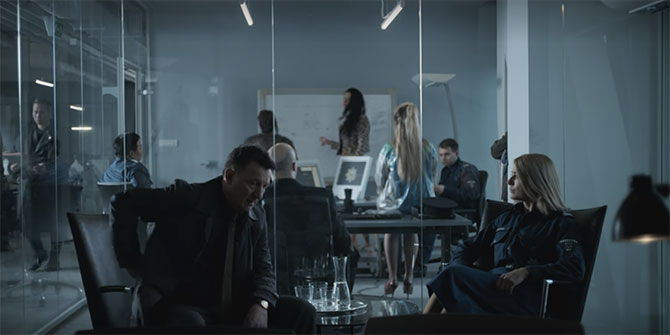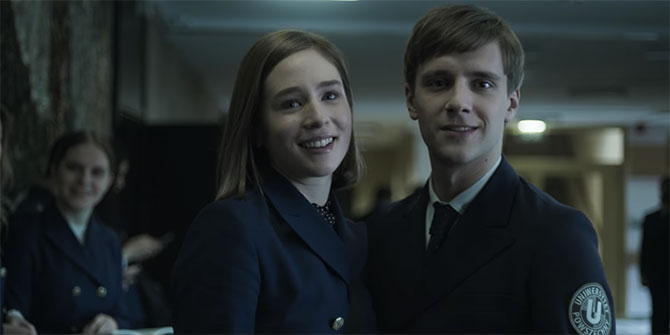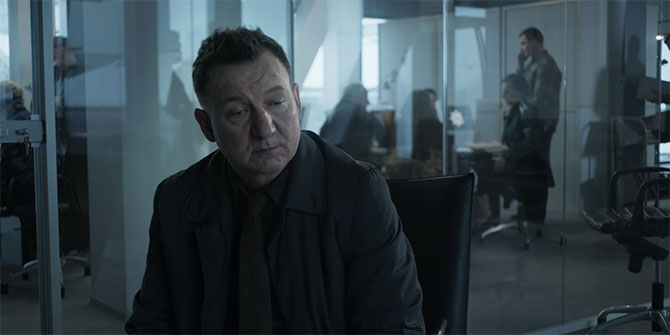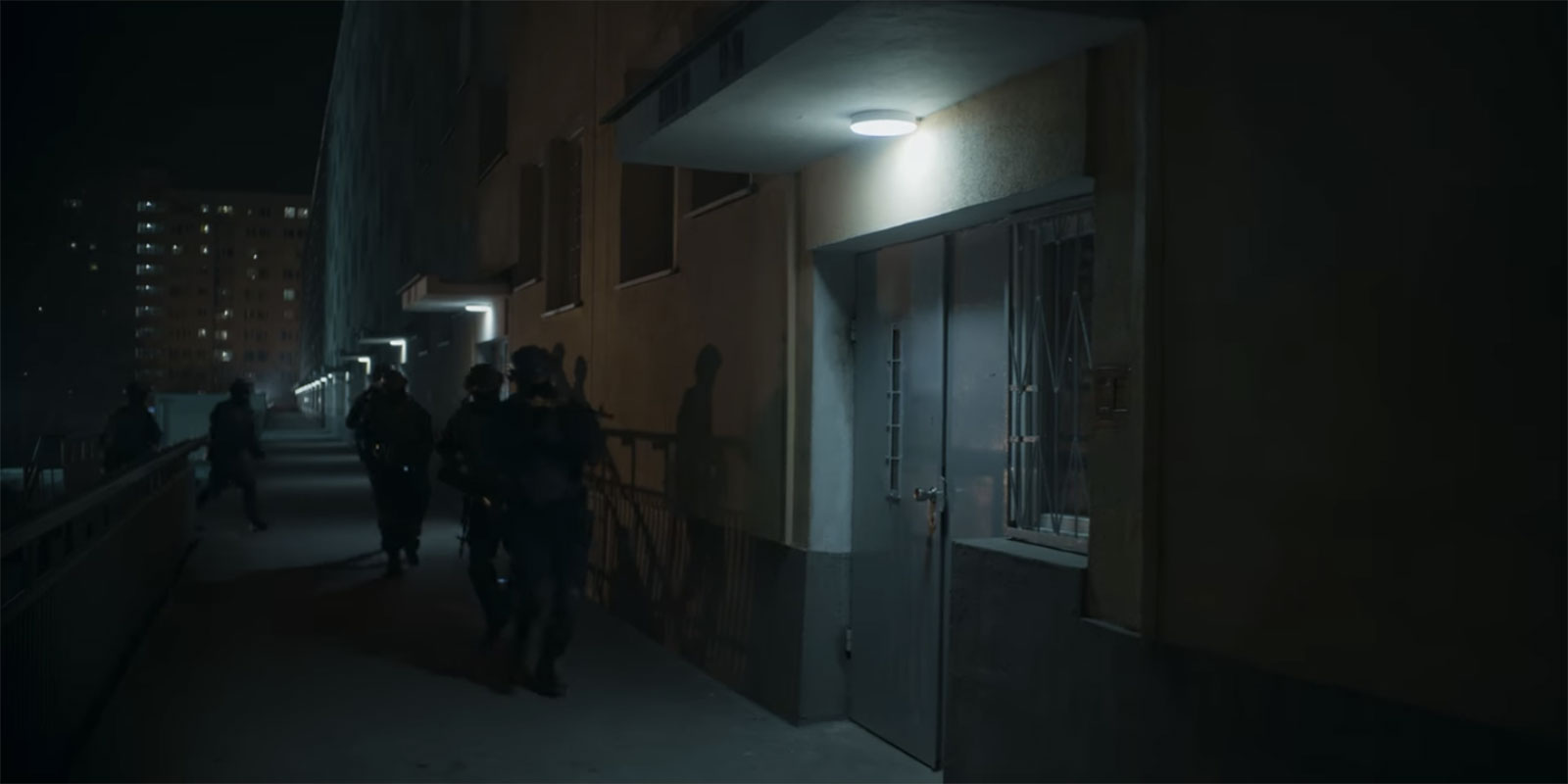1983—a dystopian miniseries that first aired in December 2018—is definitely one to watch if you haven't done so yet.
Set in an alternate future where the Iron Curtain never fell and an authoritarian government rose up to rule over Poland, 1983 follows Kajetan Skowron, a young, brilliant law student who was raised by the state when his parents were killed in a bombing.
Kajetan is the state's golden child, and his cushy life—where he's dating the daughter of the highest ranking official—is something he's adapted to well.
He fully believes in this regime, but when his university professor gives him a picture and hints that not all is as it seems, Kajetan is sent on an increasingly wild, incredibly dangerous hunt for the truth.
Eventually, Kajetan teams up with Police Investigator Anatol Janów—an agent of the state who is loyal to the party. Right from Episode 1, this series had me on the edge of my seat.
The Good

The opening of 1983—set in the politically fraught environment of Cold War Poland—was absolutely phenomenal.
The first episode has the ability to grip you and hold on tight, and the attention to detail draws you in like a lure. It was fascinating to see how 1983 is able to throw you into a dystopian society and show you how it operates as an insider.

We get to see this regime with intimate nuance from both Kajetan and Anatol's perspectives. Both of them live in the state, but in Kajetan's case he also believes in the cause.
The series also posits that the West is an alien place with strange customs. If this story is set in Poland from a Polish perspective, then yes, the West would be alien, and it's good to see this fact acknowledged.
1983 also runs an incredible gamut when it comes to the people and perspectives that are featured in it, and throughout Season 1 we get to follow those who are against the regime, those who believe in it, and those who are simply "existing," as Anatol does—neither happy nor discontent.
There are very few clear-cut villains in this story, if any, and those who carry out horribly repressive acts for the state do so with an understandable motivation behind them. It was really interesting to see the daily lives of those who were born into the regime and how it shaped their identity, similar to how capitalism shapes ours.
When we think about authoritarian regimes, we often think of police and state-sanctioned brutality; of dark grey clothes and daub, featureless buildings, and a watchful presence that will track your every move. These things are also present in 1983, but you see this authoritarianism pop up in more subtle ways.
It's in what food and medicine the citizens are allowed to consume, and in how their cell phones (or equivalent) have extensive spyware installed on them.
In one particularly chilling scene, the viewer learns that you need an ID card with the appropriate level of clearance to access basic library information, but instead of finding this oppressive people treat it as an annoyance.
It's worth pointing out that 1983 makes a nod to the cyberpunk genre, especially in the genre's obsession with North American politics versus East Asian architecture and design.
This influence becomes startlingly clear in a callback scene to Blade Runner, where Anatol—like Harrison Ford's Deckard—sits down to eat at a ramen-esque bar on a rainy street with neon lights and futuristic cop cars running in the background.
Despite this callback, however, I don't think 1983 qualifies as cyberpunk. Cyberpunk—as a genre—is about high tech versus low culture, and the prevalence of corporate control. 1983 is about state control, so it's a good bet to say that 1983 still falls into the category of "dystopia".
The Bad

While this series was very enjoyable with great pacing and excellent acting, the end of 1983 felt unfinished. If there's no Season 2 to wrap up the greater mysteries presented in the first season, it will leave the audience with a lot of questions, including some of my own.
On a personal level, I also found myself struggling with the idea of "what was the point?" when it comes to the motives behind the rebellion inside of Poland.
Without getting into spoilers, the reasons for this rebellion are not the typical ones you would assume. The ways they went about trying to achieve their revenge didn't make sense, either.
Each time the rebels put one of their plans into action, I couldn't help but think "they did this for that? Why waste so many resources? There's definitely a better way."
Perhaps these questions will be answered in Season 2?
The Verdict
All throughout this series, we get small glimpses of Poland's real life history and how its proximity to Russia during the Cold War shaped their national identity. These parts in particular are fascinating.
The series also mentions the US-based Harry Potter book burnings. These book burnings continued and spread, and the most recent of these burnings actually happened in Poland in spring 2019.
